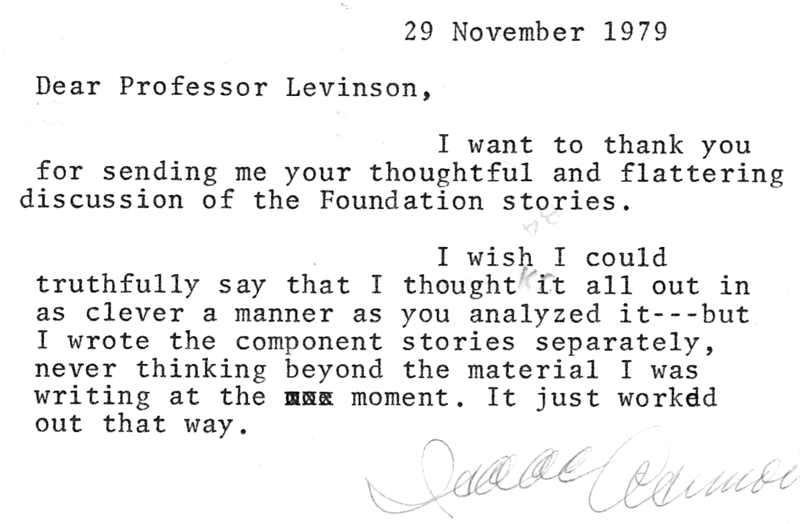If you're wondering what Ruth Wilson has been up to since she left The Affair, you'll be in for a treat with Mrs. Wilson, which debuted tonight (with two parts out of three) on PBS. Actually, you'll be in for a treat even if you never saw The Affair (or, for that matter, Luther, in which Ruth Wilson has also distinguished herself). And just good measure, Iain Glen from Game of Thrones is on hand in this, too.
Why, you might ask, is this mini-series called Mrs. Wilson? Whoever heard of naming a series after its lead actress? But the series has that name because it's indeed about a Mrs.Wilson - Ruth's grandmother. And seeing how the theme of this story is the fine line between fact and fiction, that title and Ruth Wilson starring in it works perfectly.
The Mr. Wilson in this mostly true story - Alexander, played by Iain Glen and reminding me of that "Uh, oh, Mr. Wilson" in George Harrison and the Beatles' "Taxman" - is a piece of work who was apparently married at least three times (at, so far in the story), worked as a British spy in World War II, and was a successful spy and crime-thriller novelist to boot. Mrs. Wilson (the real Ruth's grandmother, played by Ruth) knows about the spy stuff and the novels, but finds out about the triple marriage and Iain's other lies after he succumbs to a heart attack. The story so far shows the pain and surprise she endures, and how she more or less copes with it.
It's a wild story, with an enhanced wallop precisely it's basically true (like all docudramas, some facts have been changed to augment the narrative, and this series may have even more fiction). Hey, I'm a science fiction writer myself, have written some science fiction/mystery hybrids such as The Silk Code, and I found myself regretting that Alexander died before I started publishing and attending mystery writers conventions. I would've loved to hear some of his truths and lies.
But I regret nothing about this wicked little series, and I'll be back here next week with my concluding review.







